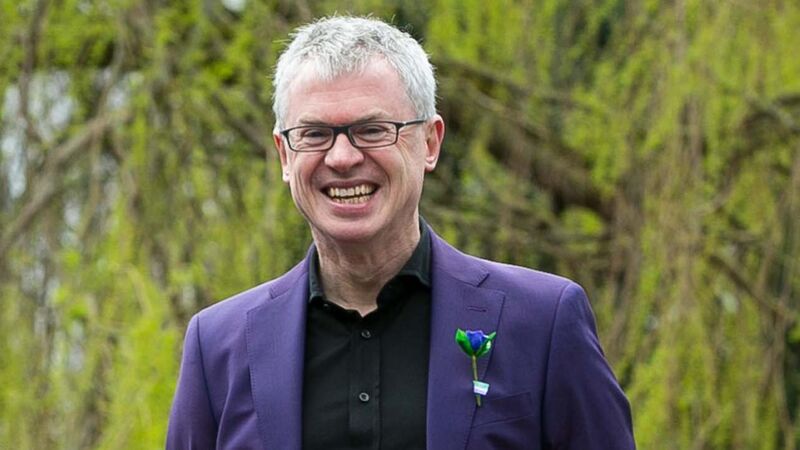Joe Brolly picks his cultural touchstones, including George Orwell, Norman Mailer and Gay Byrne

Joe Brolly. Picture: Shane O'Neill
Joe Brolly, 52, grew up in Dungiven, Co Derry. His father Francie was a Sinn Féin politician and traditional musician; his mother Anne is also a musician and former Sinn Féin mayor. During an illustrious Gaelic football career, Brolly won an All-Ireland medal with Derry and two All Star awards. He works as a barrister when not dividing the nation as a pundit.




